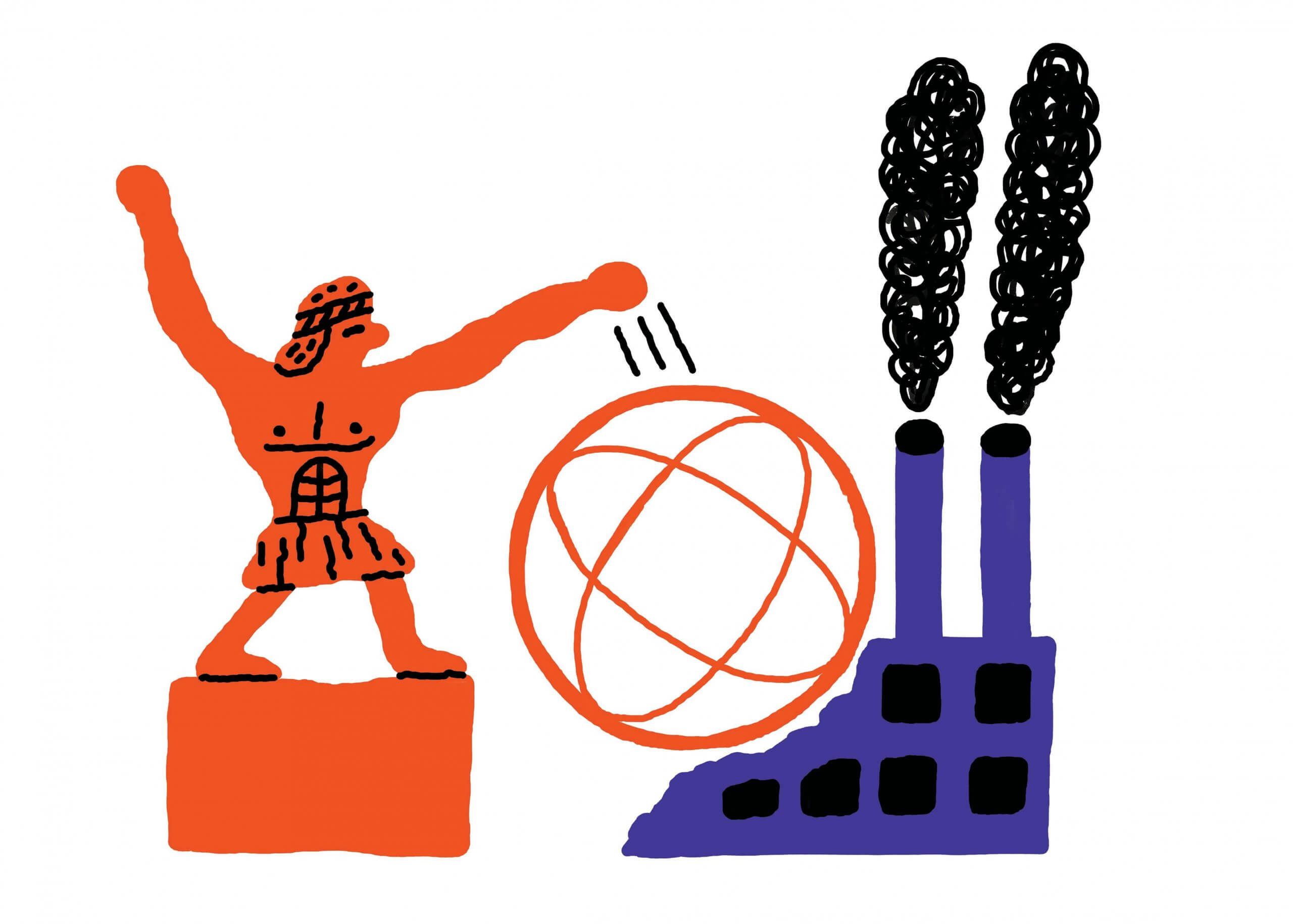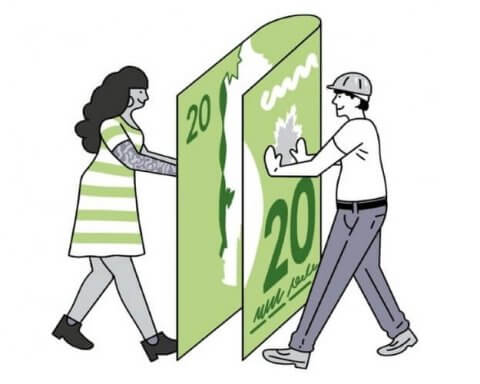Robber baron that he was, at least John D. Rockefeller, the founder of Standard Oil and America’s first billionaire, respected science. After his ambitions turned from crushing competitors to philanthropy, in 1901 he founded the first medical research centre in the U.S. At a time when physicians were mainly pill-pushers, the Rockefeller Institute (now Rockefeller University) encouraged scientists to probe the causes of disease, producing many of the first vaccines and inventing the modern science of cell biology.
With oil companies and conservatives foot-dragging on climate change, Rockefeller’s descendants have come together to prod science forward once again. In a fall opinion piece in The New York Times, Daniel Growald, Peter Gill Case and Valerie Rockefeller – three of John D.’s great-great-grandchildren – pushed for banks to stop lending to the fossil-fuel sector. Calling the warming climate a “major risk” to the American economy, they urged financial leaders to “embrace innovation and move beyond the profits of fossil fuels to develop banking models that will excel in a zero-carbon world.”
The cousins pointed to Rainforest Action Network’s Banking on Climate Change report that found that since 2016 – when the writing was certainly on the wall for oil companies – 35 global banks have funnelled US$2.7 trillion into fossil-fuel projects. That trajectory, the writers say, “will guarantee a world with runaway climate disruption.”
The biggest lender on that list, at US$269 billion from 2016 through 2019, was JPMorgan Chase.
Also on the list of complicit banks were Canada’s Big Five: RBC, at US$141 billion; TD, at US$103 billion; Scotiabank, at US$98 billion; BMO, at US$82 billion; and CIBC, at US$58 billion.
The cousins were particularly upset that JPMorgan Chase had just released an announcement claiming to align with the Paris climate accord. But America’s largest bank offered no details on the proposed carbon-emission targets for its loan portfolio, nor any plans to curtail lending to the fossil industry – which the Rockefellers consider the best leverage for change.
So the family formed a new lobbying group, BankFWD. Its goal: to mobilize influential banking clients to pressure their banks to embrace the Paris Agreement target of limiting global warming to 1.5°C. Short of aggressive government action, they say, limiting access to financing is the best way to force resource companies to embrace greener solutions.
Meanwhile, oil and gas and coal are also getting pummelled on the investment side. In the first 10 months of 2020, the energy sector of the S&P 500 index plunged 52.5%. That wasn’t just the worst performance on Wall Street last year: “It was by far the worst of any sector in history,” noted Jason Goepfert of Minnesota-based Sundial Capital Research. “It exceeds the relative losses in tech after the internet bubble burst and devastation in financials following the [2008] financial crisis.”
In November, the energy index made up much of that lost ground by rising 30%, based on investors’ growing faith in the upcoming COVID-19 vaccines. Even so, the energy sector now accounts for less than 3% of the overall value of the S&P 500, versus 12% a decade ago.
A version of this brief appears in the upcoming Winter Issue of Corporate Knights magazine.
Rick Spence is a business writer, speaker and consultant in Toronto specializing in entrepreneurship, innovation and growth. He is also a senior editor at Corporate Knights.







